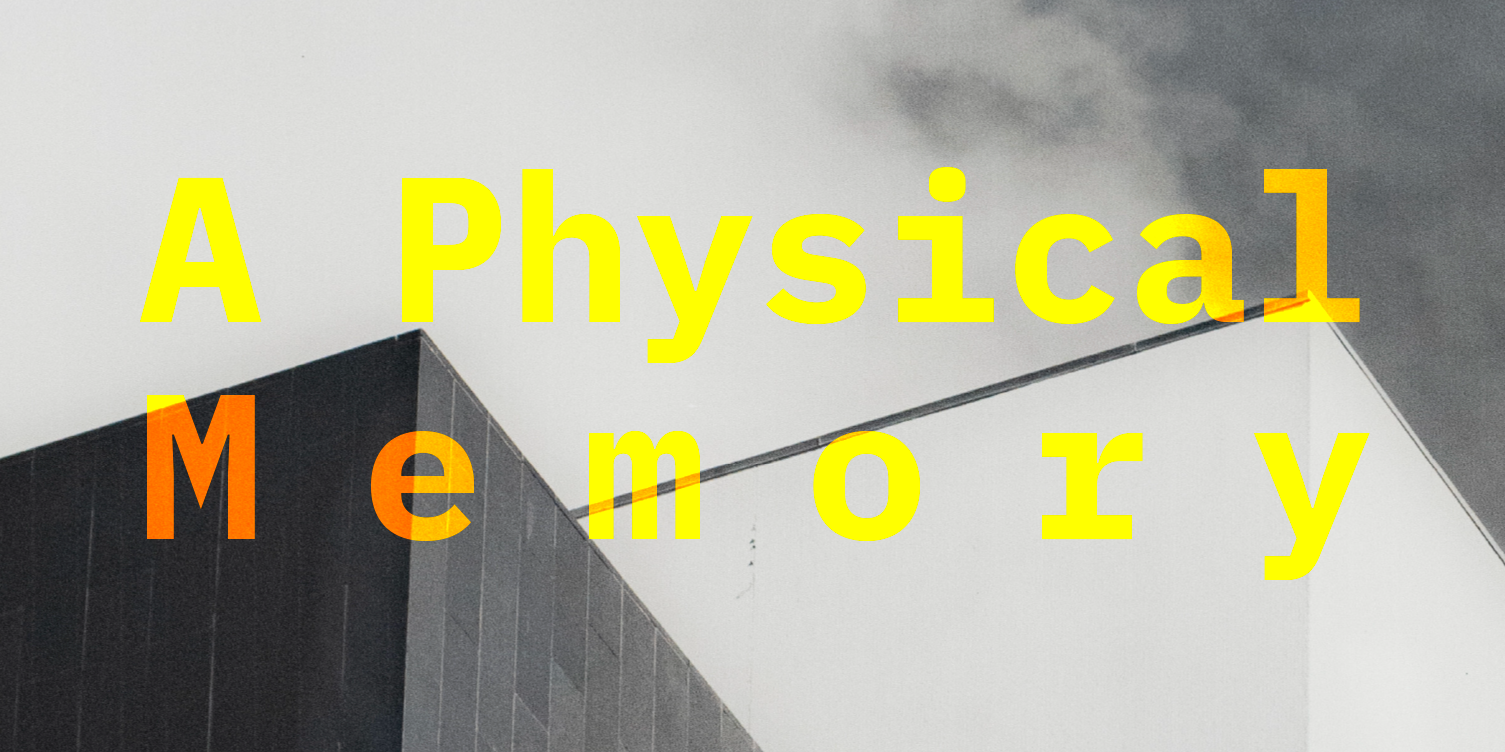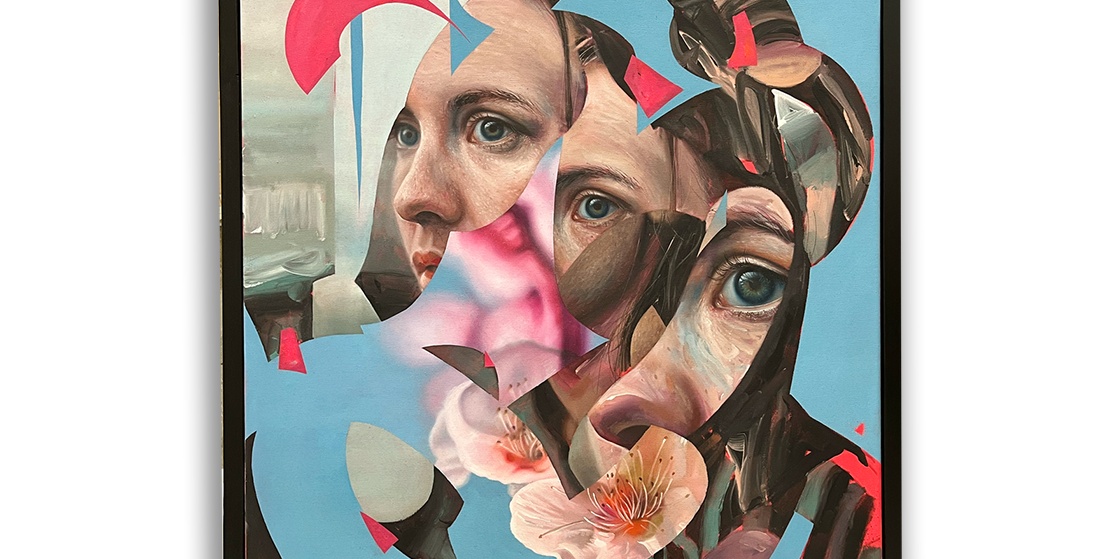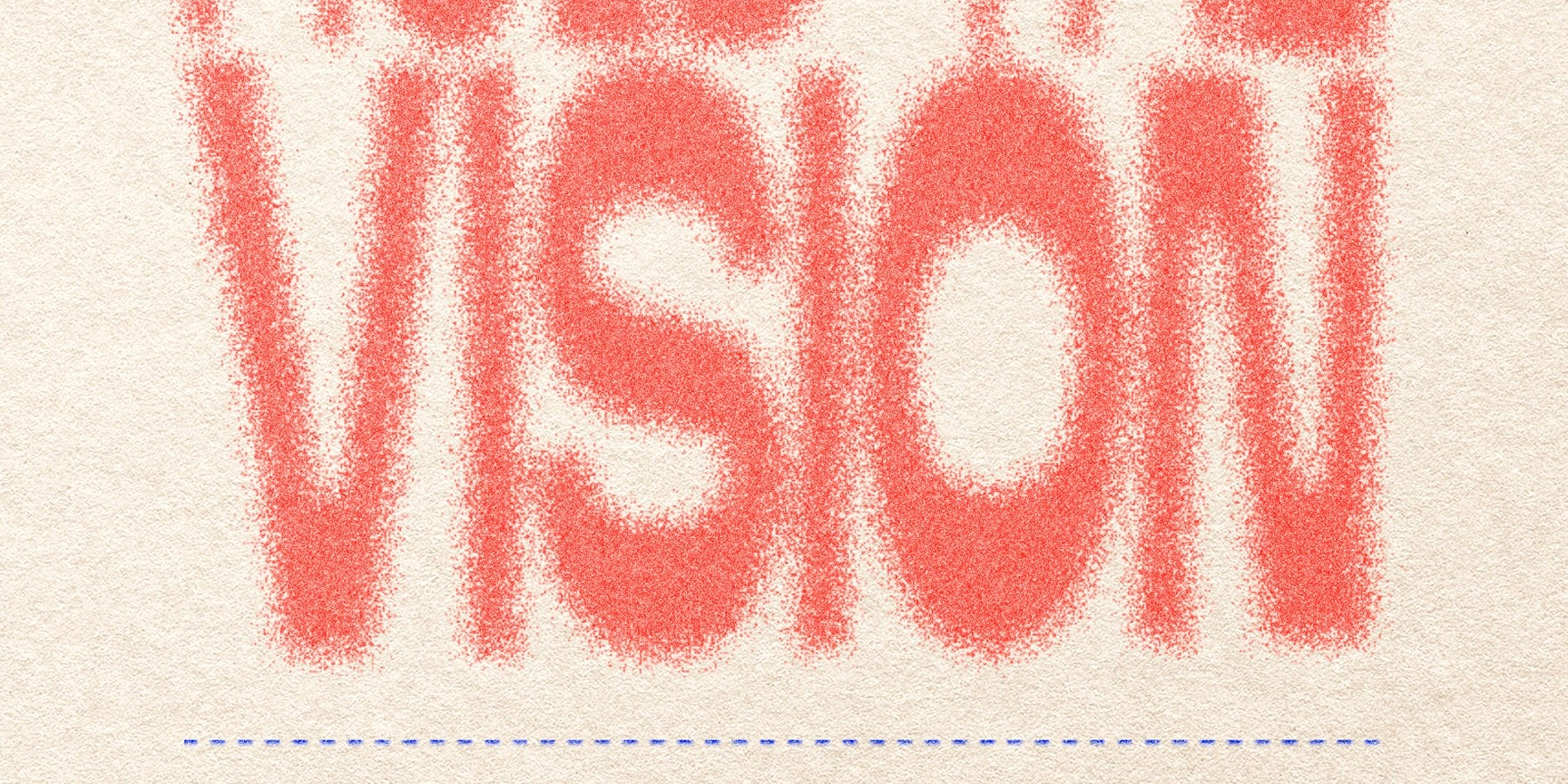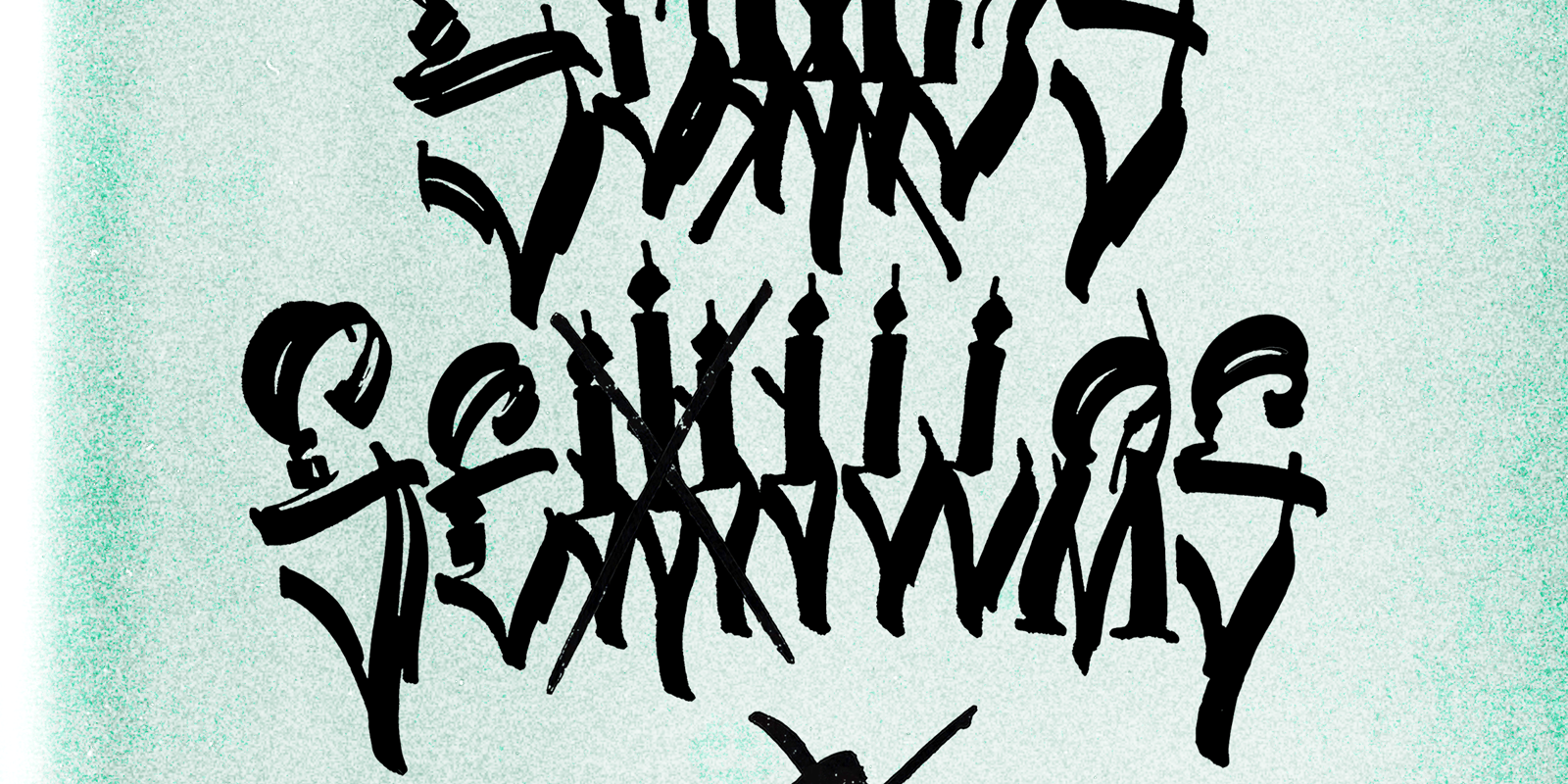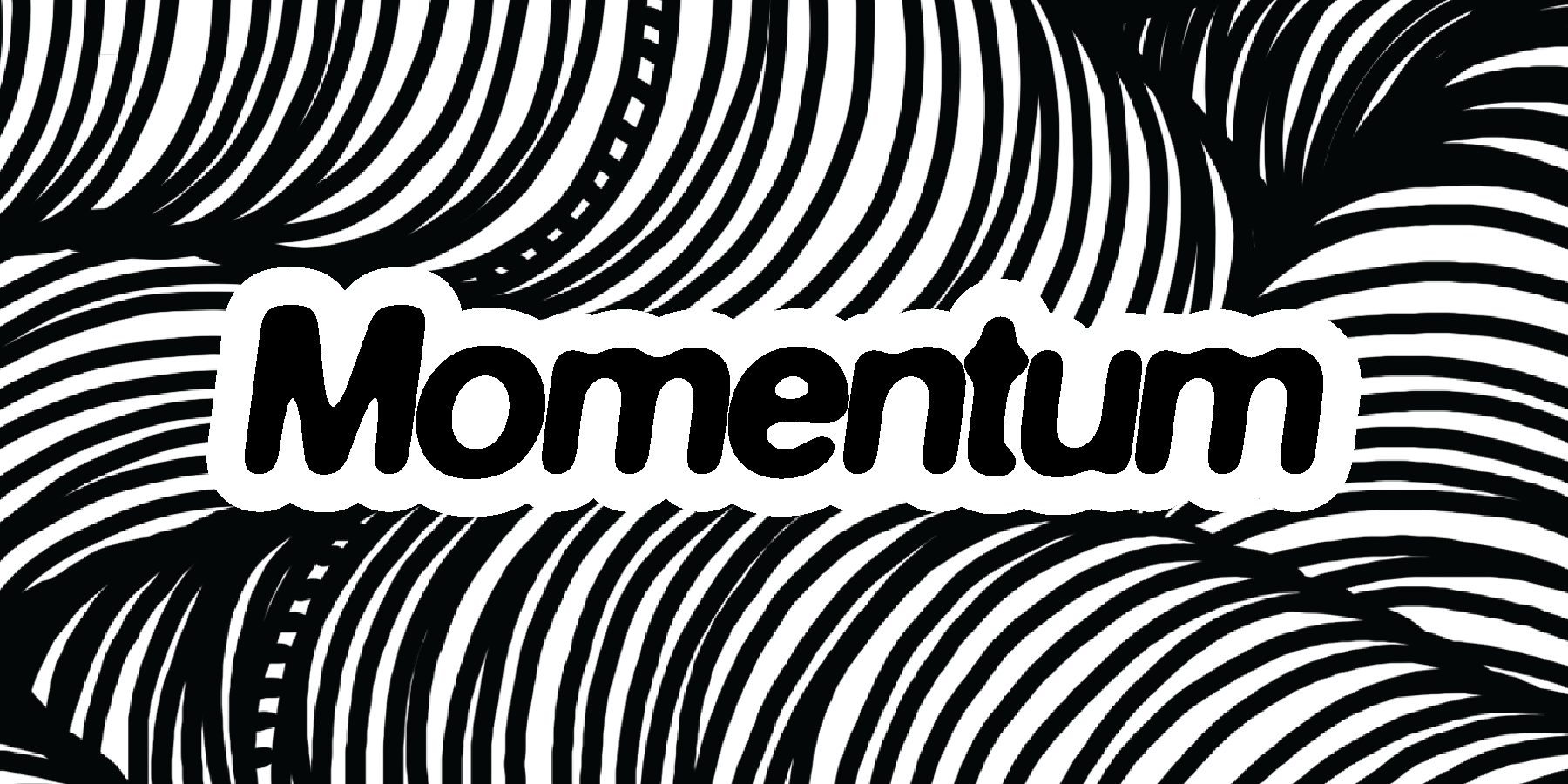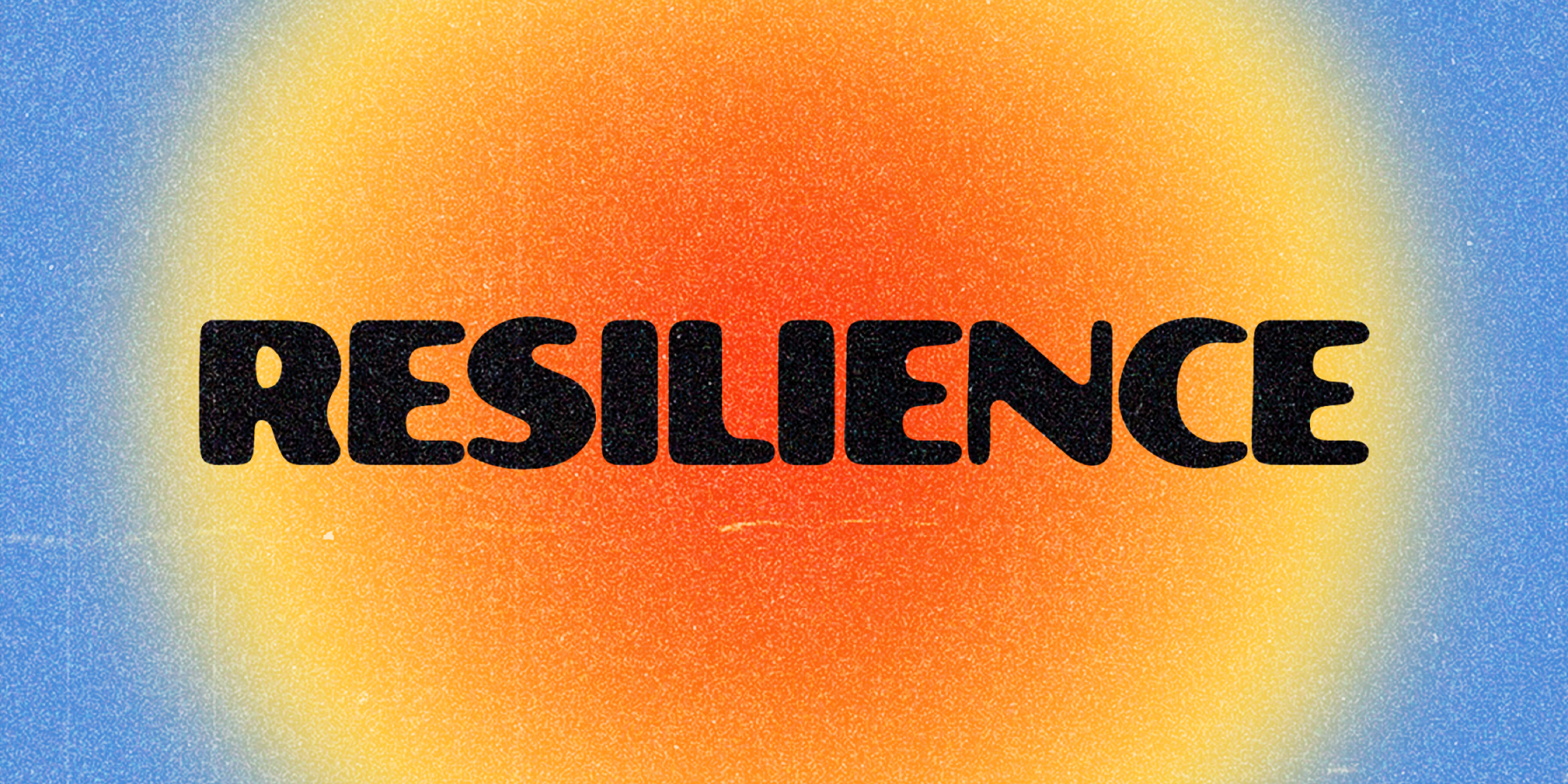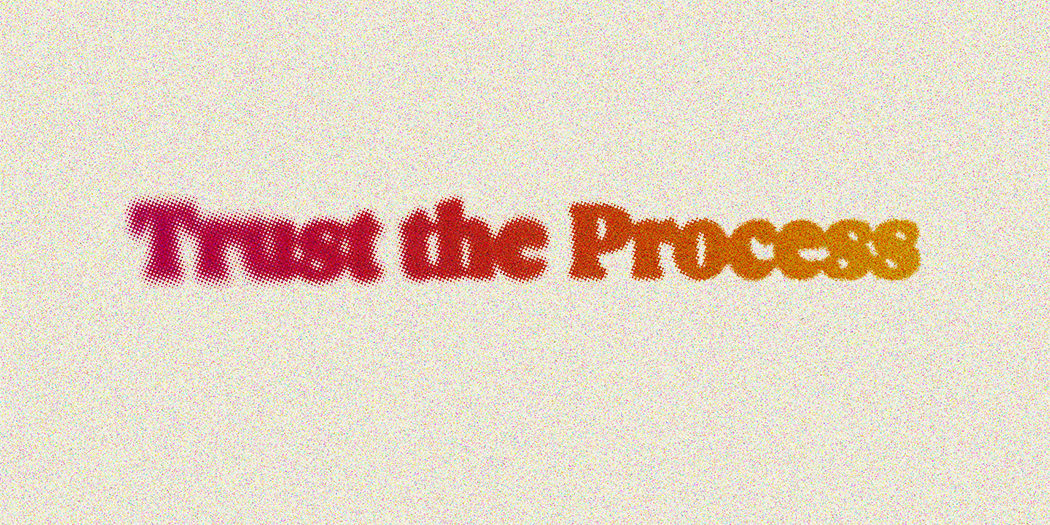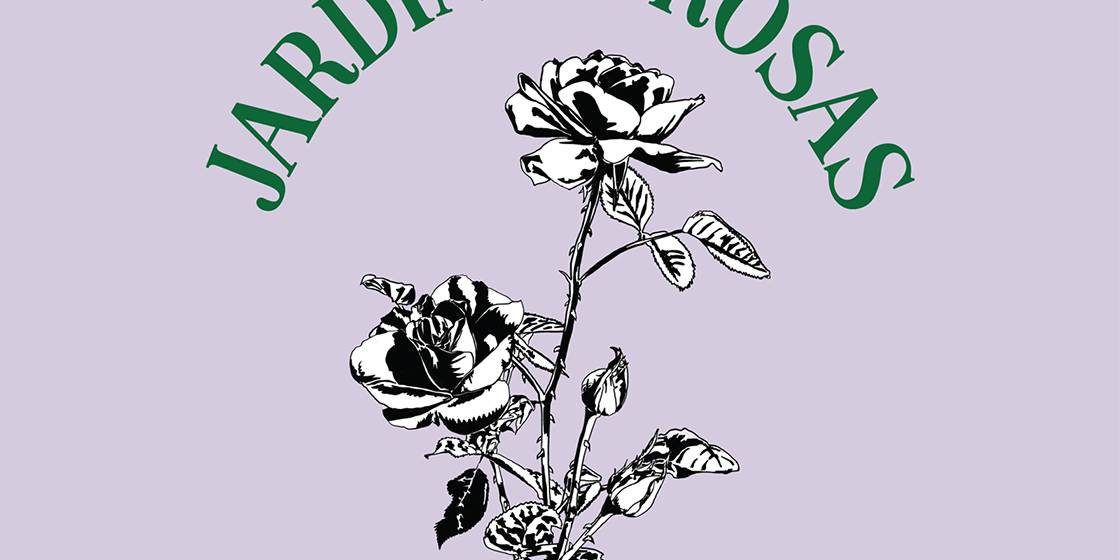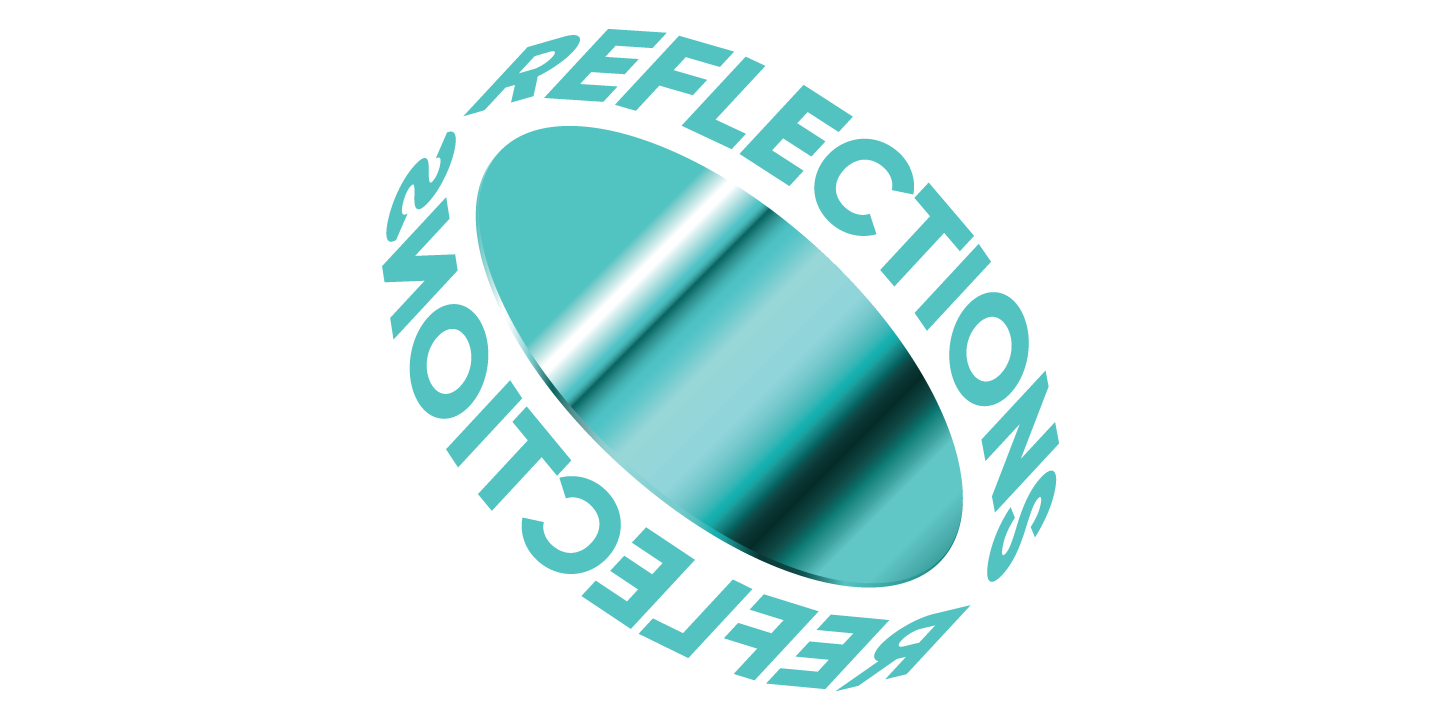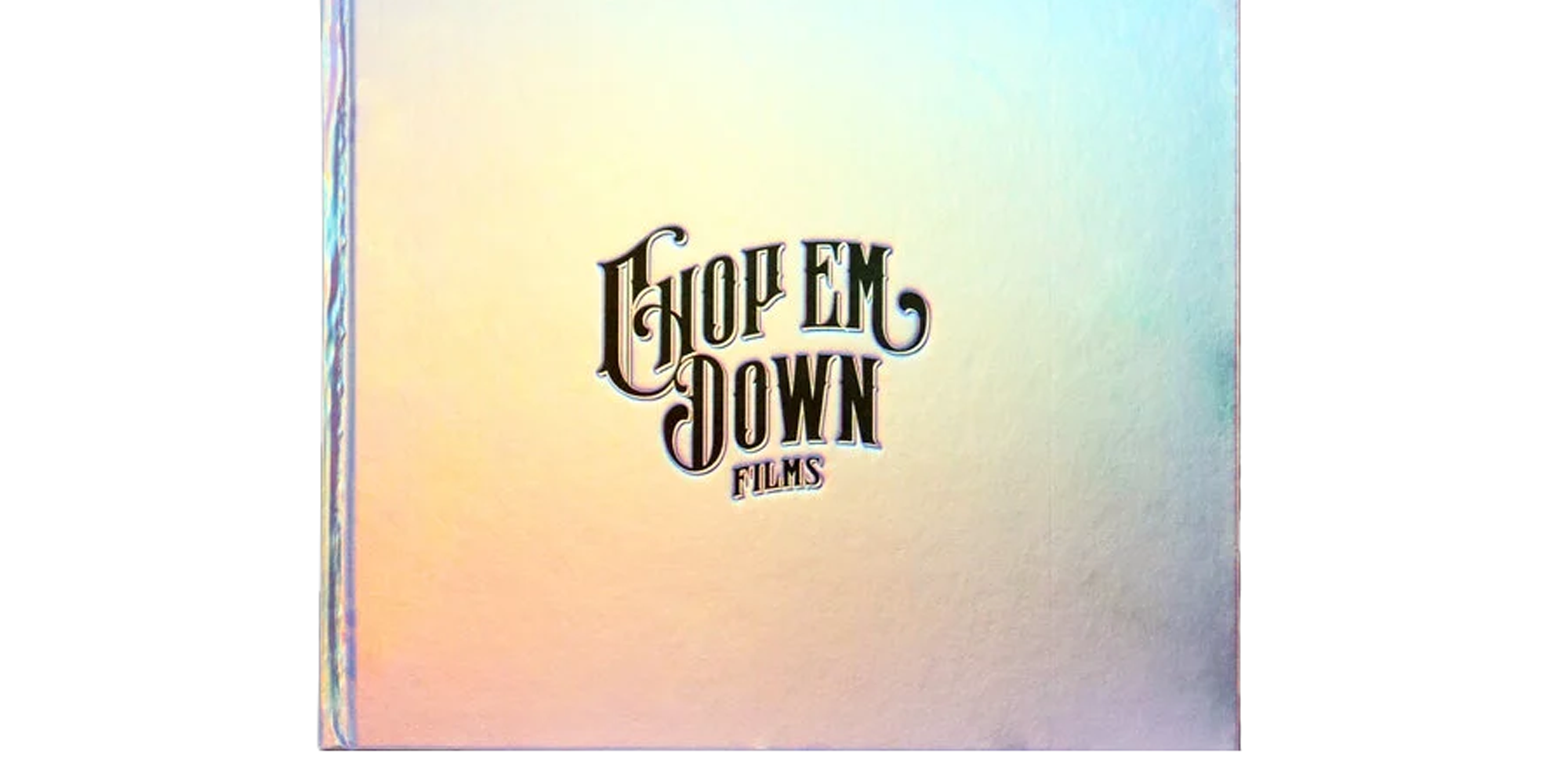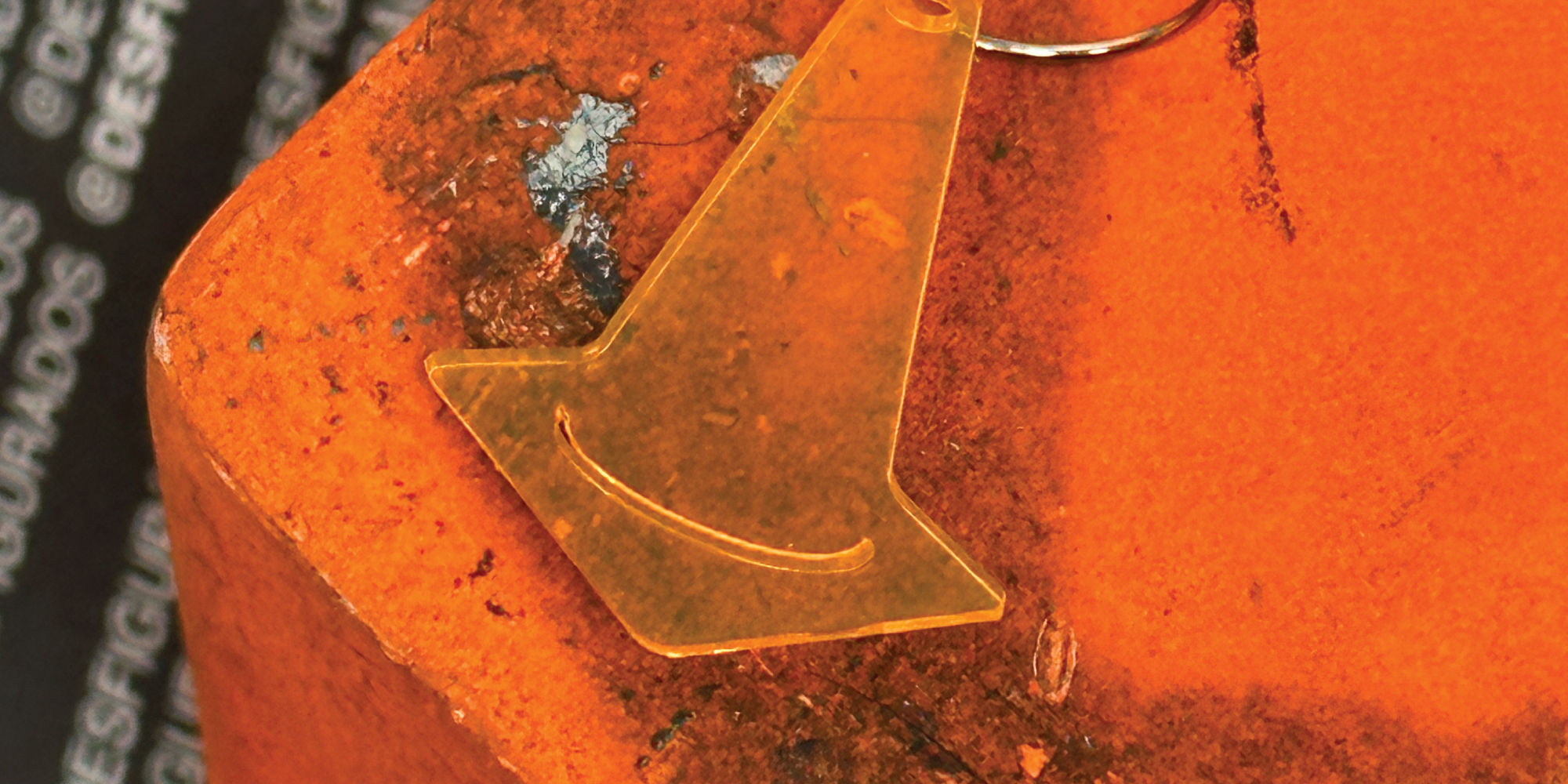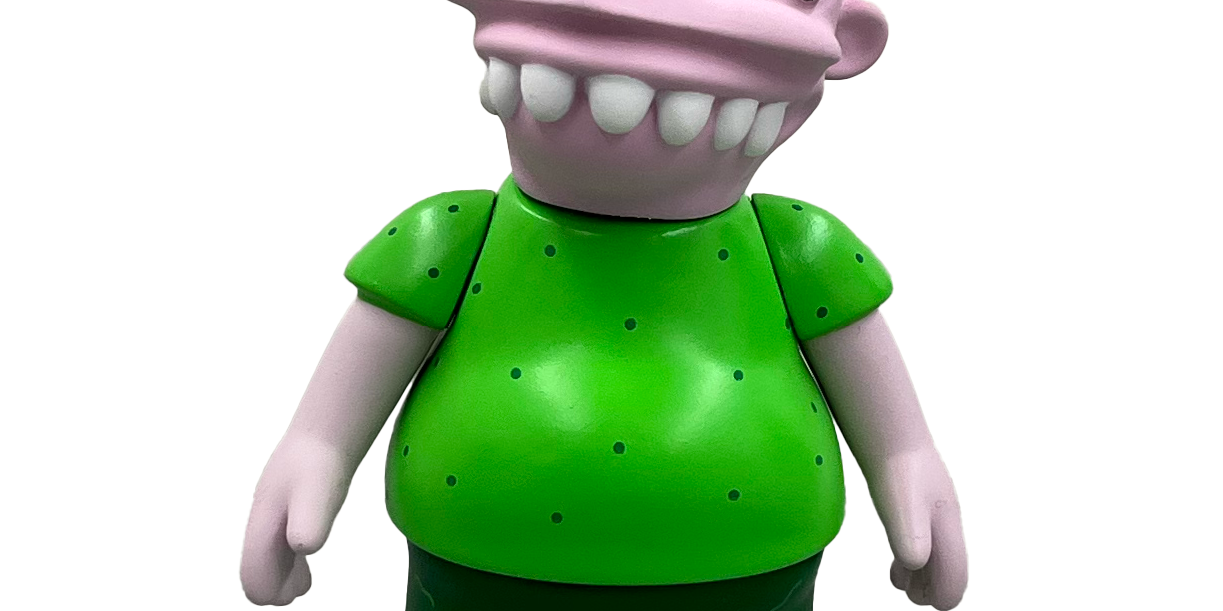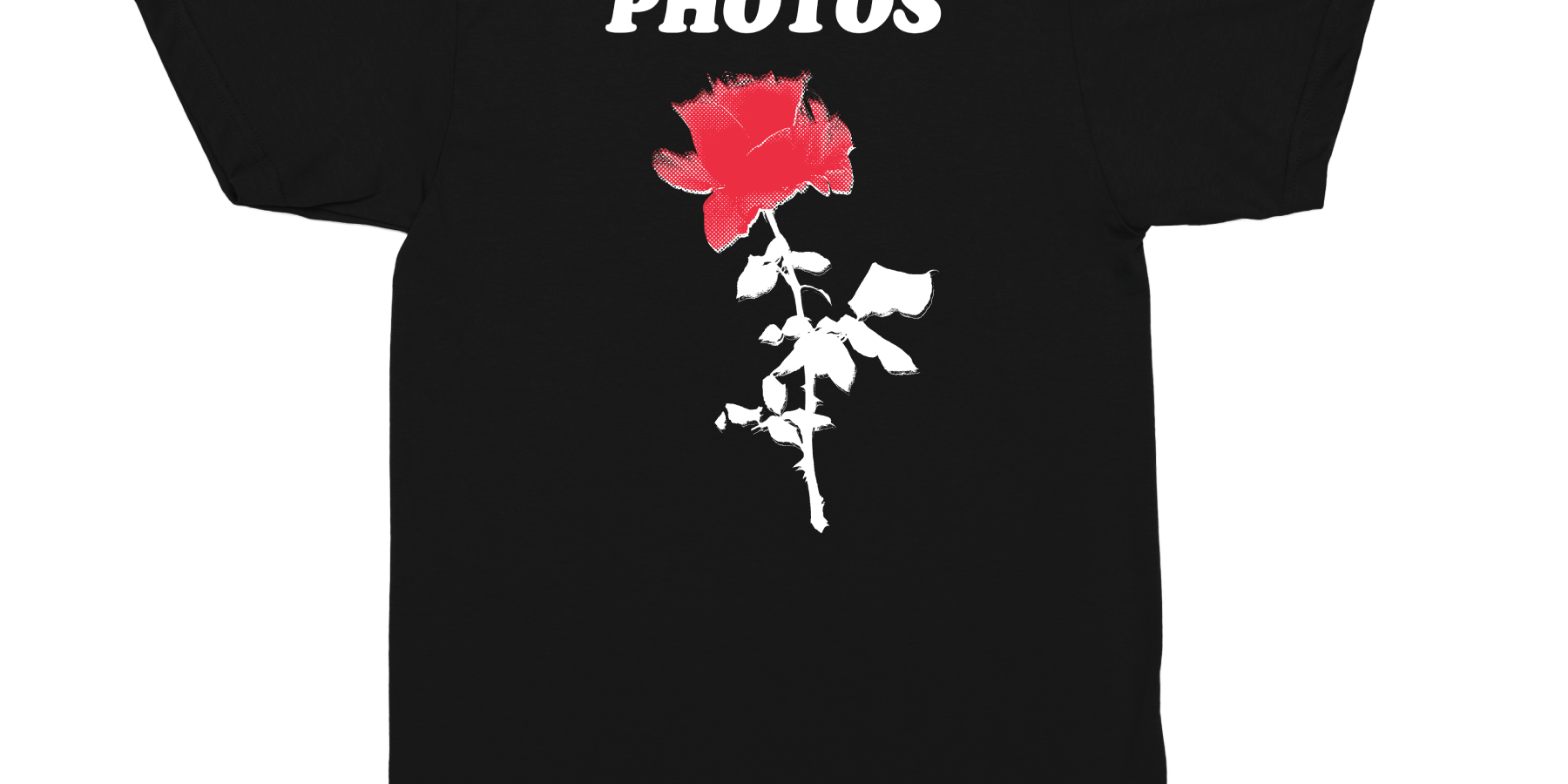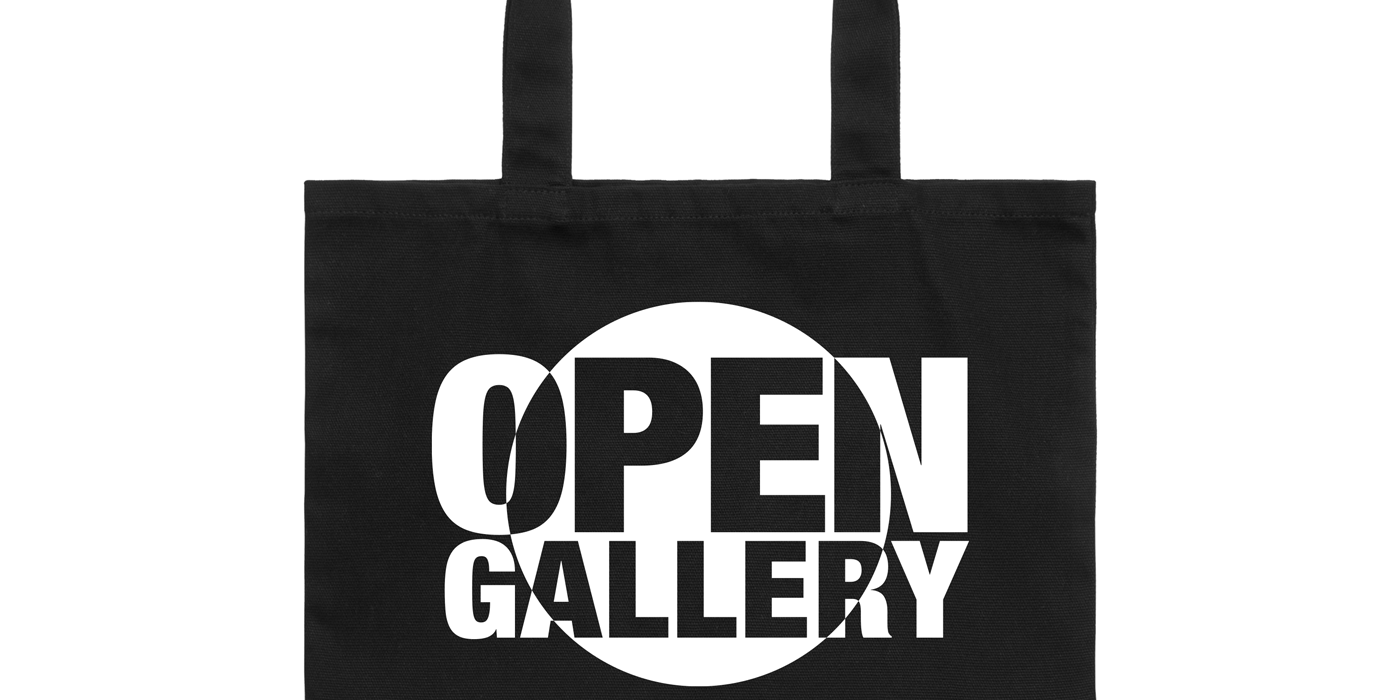Bryan Beyung - Kay-Kay
2024
Oil
11" x 14''
"Between 1975 and 1994 about 160,000 Cambodians came to the United States seeking asylum. Long Beach is home to the largest resettlement of Cambodian refugees. Sobil Tuy, known as Kay Kay, was born in a refugee camp in Thailand during the Cambodian genocide. After the camps, his family came to Long Beach, California as refugees when he was two years old. Similar to many Cambodians, Kay Kay’s family was resettled in an impoverished and violent neighborhood. Facing bullying at school and constant violence in their neighborhood, many Cambodian youths including Kay Kay joined gangs for protection when they were just children. At age 18, he was arrested for snatching a purse and sentenced to two years in prison. Kay Kay was not told that the plea deal also meant he would be deported. When he was released from prison, immigration officers arrested him. Later, he was ordered to be deported due to his conviction. Kay Kay arrived in Cambodia for the first time in 2004. He did not have any family contacts and little to any resources to transition in Cambodia. This led him to seek solace in breakdancing and expressing himself through hip hop. Many children around his neighborhood became interested in this medium. Kay Kay saw this as a chance for him to be an older brother and mentor for the youth. Reflecting on his own experiences, Kay Kay encouraged and guided the youth to avoid gangs, drugs, and crimes. He met children unable to attend school because they were too poor. A year later, he started opening his home to teach a handful of children how to dance, which eventually led him to start a nonprofit called Tiny Toones. Tiny Toones uses the popularity of hip-hop to engage, inspire, and educate the youth. The non-profit provides a safe positive environment for at-risk youth to channel their energy and creativity into the arts and education. The curriculum includes Khmer and English language studies, mathematics, alongside dance, art, and music workshops. The program helped over 15,000 children receive an education and find gainful employment. At the same time, previous Tiny Toones students often return to the program as employees. Moreover, Kay Kay’s influence, guidance, and passion for the community shaped Cambodia’s creative culture while uplifting at-risk youth. Since Cambodia and the US signed a repatriation agreement in 2002, opening a gateway for deportations, 1,033 individuals have been forced to leave their homes and completely rebuild their lives in a country foreign to them. For most of them, the deportees had already repaid their full debt to society when they were sent back to cambodia. Many had entered the prison system while still in their youth, leaving in their middle age. They are, for all intents and purposes, handed a second sentence – this time for life. While Kay Kay’s conviction is decades old, he is still unable to return to the U.S to visit his family and tour with his youth. - Right To Reunite Bryan Beyung Tuy ‘’Kay Kay’’ Sobil, 2024 Oil on wooden panel 11 x 14’’ PArt of the sale of this piece will go to Tiny Toones Breakdancing school in cambodia Reference image : Photo of ‘’Kay Kay’’ took by Bryan Beyung in 2007, in Phnom Penh. Bio : Beyung is a visual artist, born in Montreal to a Chinese-Cambodian family. His artistic approach would fall under the autoethnographic journey. He mainly addresses diasporic heritage by creating works based on memories, ideas and images related to this experience. His work can be seen in the United States, Canada, Haïti, France, Morocco and Cambodia."
If you have any questions or would like to make a purchase, please send us an email





